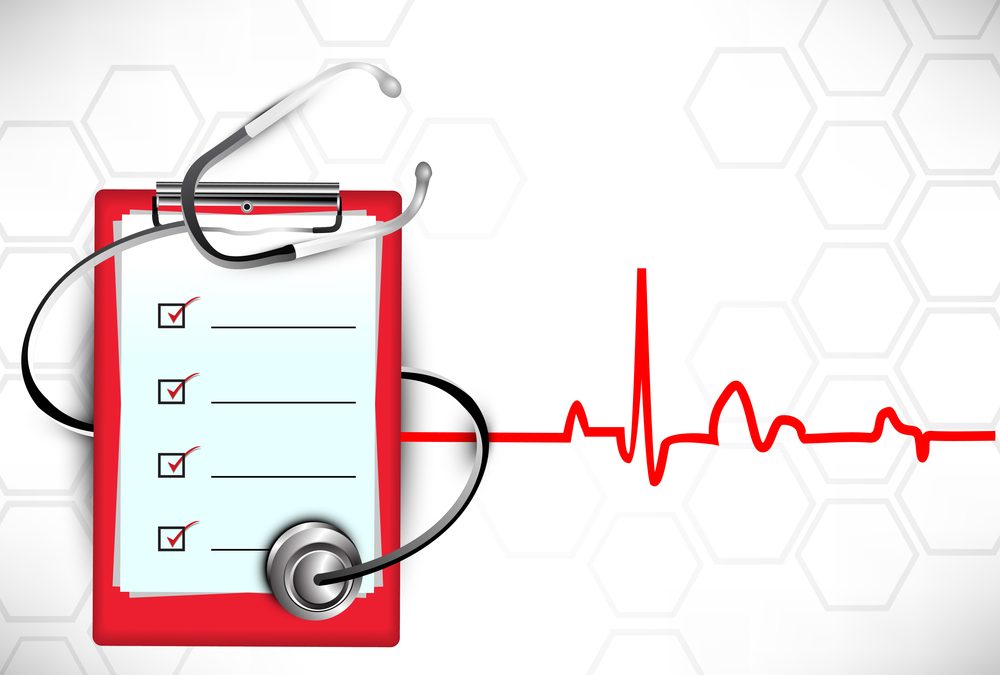A six month clinical trial shows that getting a text message on a regular basis about a patient’s health routine after a heart attack, can help prevent a second heart attack. A study done in Australia found that patients recovering from a heart attack who received regular text messages each week were better able to maintain lower blood pressure, less body fat and lower cholesterol levels than those in a control group. Patients receiving the texts also were more physically active and less likely to smoke.
The Centers for Disease Control (CDC) reports that repeat heart attacks make up more than a quarter of all heart attacks. Many of these second heart attacks could be avoided by lifestyle changes. While health care systems have gotten good at treating heart attacks, many fall short in follow up care during the patient’s recovery. Clara Chow, lead author of the study, and an associate professor at the University of Sydney Medical School, was quoted in a recent Wall Street Journal article about the study, saying that immediately after a heart attack, “doctors dump a lot of information onto patients in a few days,” but don’t follow up to see if the patient is following the recommended health practices. “Texts allow us to give support in bite-size chunks,” Dr. Chow said.
During the six month study, half of the 700 patients received four text messages a week with helpful health advice to improve their recovery. Patients received texts such as: “Have you gone for your walk today, Jane?” or “did you know 90 percent of people don’t eat the recommended daily recommended intake of vegetables (5 per day)?” Patients who received the text messages had lower blood pressure than the control group. Results were similar to having these patients take blood pressure medicine to reduce their blood pressure. There was also a large difference between the two groups in the lowering of body fat and physical activity, “comparable or greater than (would have been expected if the patients had been) attending a cardiac rehabilitation program,” Dr. Chow said. The cholesterol levels were lowered by about 20 percent among the patients receiving the texts compared to patients in the control group.
Dr. Chow plans to conduct a larger study with 1400 patients over a 12 month period, in hopes of replicating her results from this study. The second study will enable patients to respond to text messages and send follow up questions to a health counselor.
Source: Wall Street Journal, “How to Prevent a Heart Attack: Send Some Texts,” by Lisa Ward, June 27, 2016.
Source: Clara K. Chow, et al, JAMA, September 22-29, 2015
Medtrust Transport provides emergent and non-emergent ambulance services. We support patients and their families in Charleston, Myrtle Beach and Georgetown South Carolina with expertly trained EMT personnel and a fleet of fully-equipped ambulances. Our goal is to provide compassionate and timely patient care.

